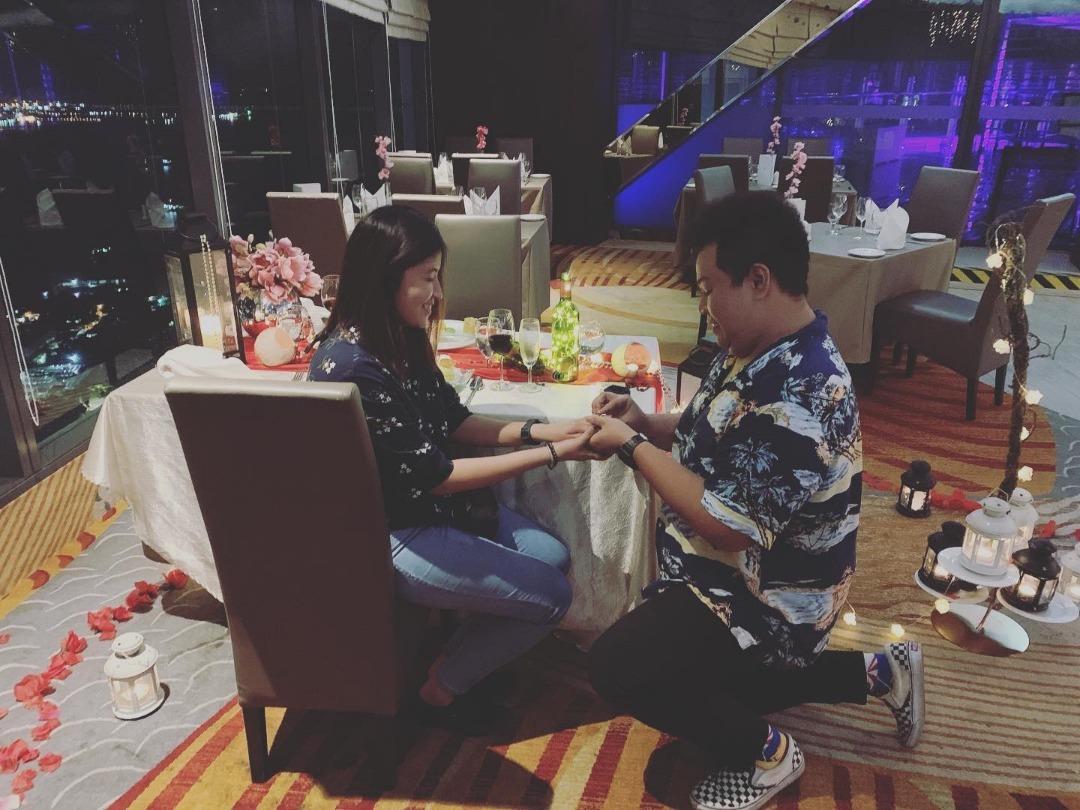The tangled business of tying the knot during the Covid-19 crisis
Those who place high value on the presence of family and loved ones may have to wait until the pandemic subsides in order to sign on the dotted line.
For months, Marvin Kudang Sawing and Natasha Jee had worked hard to prepare for their wedding.
Having been in a relationship for 11 years, they were more than ready to tie the knot. They had planned for a solemnisation ceremony at their church in Kuching, and a big family reunion.
Their days were filled with making sure that everyone who should be invited was sent an invitation, checking and double checking to make sure that no aunt or uncle was inadvertently left out.
This was especially important for the groom’s side as Marvin, an Iban, had to invite every family member from his longhouse in Pakan.
Natasha, a Chinese, also felt the importance of having family present for the occasion. But she also had a more practical goal in mind: everyone being together would help break the ice and let both sides of the family get to know one another.
But just as they were moving on to finding a venue for the event, an unexpected guest showed up.
Covid-19 swept across the country, bringing with it a host of restrictive measures that meant their wedding plans were now out of the question.
“For us, marriage is not only about the individual. It is about the family, the people who surround you.”
“We were stumped,” Natasha told MalaysiaNow.
“My mind just went blank when the first lockdown to curb Covid-19 was put in place in March last year.”
She and Marvin had planned to get married in December. Now, more than half a year later, they are still waiting.
Much of the problem revolves around the strict limits on attendance and SOPs for weddings, enforced through the multiple lockdowns declared since the first movement control order last year.
Natasha and Marvin have no interest in holding a lavish wedding. But they do have to take cultural values into consideration.
In Sarawak, family gatherings for festivals and special occasions are the main focus. As Marvin is the only child in his family, the pressure is even greater.
“Things are not as simple as they may seem,” Natasha said. “For us, marriage is not only about the individual. It is about the family, the people who surround you.”
There are also theological factors involved.
Simon Poh, the Roman Catholic archbishop in Kuching, said virtual solemnisation ceremonies are not applicable for Catholics as the recitation of vows and consent require the couple to be physically present.
“For the Catholic church, marriage has to be in person, face to face,” he told MalaysiaNow.
“Theologically, marriage is called the sacrament of matrimony because sacraments are administered in person and hence, to be done in person between husband and wife, physically present before a minister of the church.
“There are physical moments of the marriage rite before the altar such as the holding of hands and exchange of rings which would definitely be missing online.”
“For the Catholic church, marriage has to be in person, face to face.”
For couples who are willing to proceed without a big ceremony, Catholic parishes in the state are ready to assist, in line with the SOPs set by the Sarawak disaster management committee and other authorities to ensure everyone’s safety, he said, adding that 60 couples had registered to be married this year.
But he acknowledged that the measures had put a strain on many young couples who had been planning for a church ceremony.
Couples from other religions who had settled for virtual solemnisation ceremonies agreed that it had been a strange experience.
Nurul Azurin Mohd Johari, who got married last year, said the entire event took less than 20 minutes.
“My husband proposed the idea, and after our parents agreed we submitted an application to the Sarawak Islamic Affairs Department,” she said.
But while the wedding ceremony was cancelled, other considerations still had to be made – chief among them, how to ensure a stable internet connection.
“I thought it was quite strange because we had to use either smartphones or smart televisions,” Nurul said.
“But with the help of my neighbours, we managed to livestream without any disruptions to the ceremony.”
For Natasha and Marvin, a scaled-down solemnisation ceremony at church is possible.
“But even if we get married now at the church, we must consider Marvin’s grandmother who is back at the longhouse in Pakan,” she said.
“Her presence to witness our solemnisation day is very important.”
With family in mind, all they can do is watch and wait – and pray that Covid numbers will drop far enough for life to return to some semblance of normality.
Subscribe to our newsletter
To be updated with all the latest news and analyses daily.
